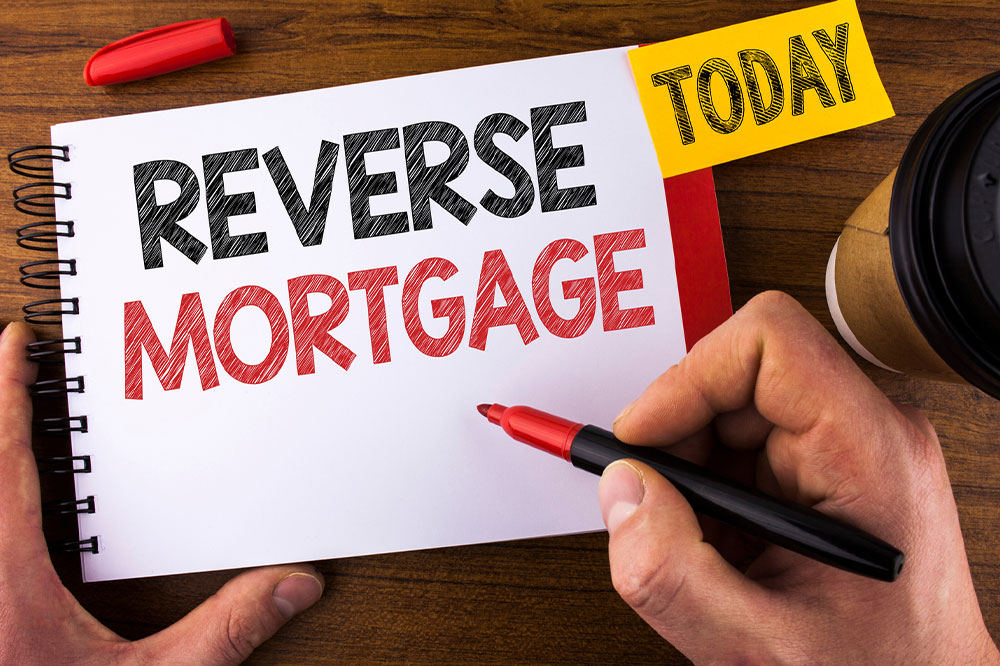Four reasons why a reverse mortgage is not a sound idea
A reverse mortgage is a loan taken against the value of the home (equity) to meet certain expenses, debt obligations, and even supplement income during a financial crisis. It allows homeowners to convert a part of their home value into cash for expenses and retain the ownership of the property simultaneously. However, reverse mortgage eligibility and feasibility are quite complicated and there are times when it is not a good option, especially for seniors (common applicants for a reverse mortgage) above the age of 60.

Here are a few reasons why.
- Home eligible for inheritance
Senior homeowners can benefit from reverse mortgage eligibility only if they can take a loan against their home and repay the same in a timely manner. However, in case the homeowner passes away and the property is inherited by their children, who might not be in a financially sound position to repay the impending mortgage. The inability to do so can result in selling the property to repay the outstanding debt and in the process lose complete ownership. So before taking a reverse mortgage, homeowners must account for the financial status of the people who will inherit the home in the future. - Sharing owned property
People living on the property are forced to vacate it in case the owner is unable to repay the reverse mortgage. This means every occupant of the house, including relatives, family, and even close friends living temporarily may suddenly find themselves on the streets. There is absolutely no harm in considering a second mortgage when the owner lives alone and has the means to repay the loan. Otherwise, it is a risky venture for people who share their living space and are not in a financially sound position. - Paying additional expenses
Along with repaying the reverse mortgage, you also have the responsibility of paying property taxes and premiums of homeowners’ insurance. As the mortgage is in the owner’s name, the burden of paying for the new expenses also falls on the person whose name appears on the property title deed. In the case of a Home Equity Conversion Mortgage (HECM), one of the most popular types of reverse mortgage, the borrower must pay an additional premium on top of the insurance and taxes to secure the funding. - Capped loan amounts
Understand that homeowners might not get a third or in some cases, even half the value of the home equity with a reverse mortgage. Most of these amounts are capped by banks and financial institutions, especially with a HECM loan. Unless it is absolutely necessary, senior homeowners should avoid taking a reverse mortgage and risk losing value in terms of equity. Another drawback is that homeowners are forced to comply with stringent repayment rules regarding the mortgage. The interest alone will keep accruing on the unpaid balance of the loan taken every year. This makes it an expensive option especially for people who are retired.
Disclaimer:
The information available on this website is a compilation of research, available data, expert advice, and statistics. However, the information in the articles may vary depending on what specific individuals or financial institutions will have to offer. The information on the website may not remain relevant due to changing financial scenarios; and so, we would like to inform readers that we are not accountable for varying opinions or inaccuracies. The ideas and suggestions covered on the website are solely those of the website teams, and it is recommended that advice from a financial professional be considered before making any decisions.















